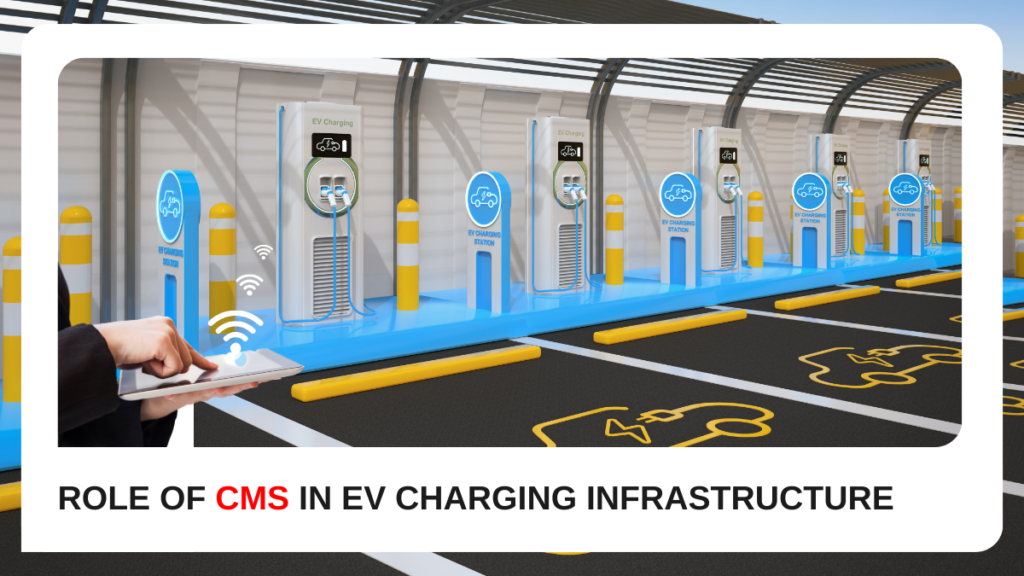
As the world transitions towards sustainable energy solutions, electric vehicles (EVs) have emerged as a key component of the transportation revolution. However, the widespread adoption of EVs hinges not only on the development of electric vehicles themselves but also on the establishment of a robust charging infrastructure.
Charging Management Systems (CMS) plays a crucial role in optimizing the functionality and efficiency of an EV charging infrastructure, ensuring seamless operation, and maximizing benefits for users and stakeholders.
Efficiency Optimization:
One of the primary functions of a Charging Management System is to optimize the efficiency of EV charging infrastructure. CMS utilizes advanced algorithms to distribute power effectively among charging stations, minimizing energy wastage, and thereby reducing charging times. By intelligently managing power distribution, CMS ensures that charging stations operate at maximum capacity without overloading the grid, hence enhancing the overall efficiency of the charging network.
Dynamic Pricing and Billing:
Charging Management Systems enable dynamic pricing and billing mechanisms, allowing charging station operators to implement flexible pricing strategies based on factors such as time of day, demand, and electricity rates. This not only incentivizes off-peak charging but also maximizes revenue generation for charging station owners. Additionally, CMS facilitates seamless payment processing, offering users convenient payment options such as mobile apps or RFID cards, enhancing the user experience, and encouraging EV adoption.
Load Management and Grid Integration:
CMS plays a vital role in load management and grid integration by actively monitoring energy demand and grid conditions in real-time. By adjusting charging rates and schedules based on grid capacity and constraints, CMS helps prevent grid overloads and mitigates the impact of EV charging on the electrical infrastructure. Furthermore, CMS enables demand response capabilities, allowing charging stations to participate in demand-side management programs and provide grid services such as peak shaving and frequency regulation.
Remote Monitoring and Maintenance:
Another key feature of Charging Management Systems is remote monitoring and maintenance capabilities. CMS allows operators to monitor the status and performance of charging stations remotely, enabling proactive maintenance and troubleshooting to minimize downtime and ensure optimal operation. Real-time monitoring also facilitates fleet management, allowing operators to track usage patterns, identify potential issues, and optimize charging infrastructure deployment based on demand dynamics.
Enhanced User Experience:
By providing real-time charging status updates, reservation capabilities, and seamless payment options, Charging Management Systems enhance the overall user experience for EV drivers. CMS platforms often include mobile apps or web interfaces that enable users to locate nearby charging stations, check availability, and initiate charging sessions remotely. This level of accessibility and convenience fosters user satisfaction and confidence in EV adoption, driving continued growth in the electric vehicle market.
As the demand for electric vehicles continues to rise, the role of a robust and efficient ‘Charging Management System’ is paramount. As we strive towards a sustainable future, the continued development and integration of Charging Management Systems is essential in accelerating the transition to electric mobility.